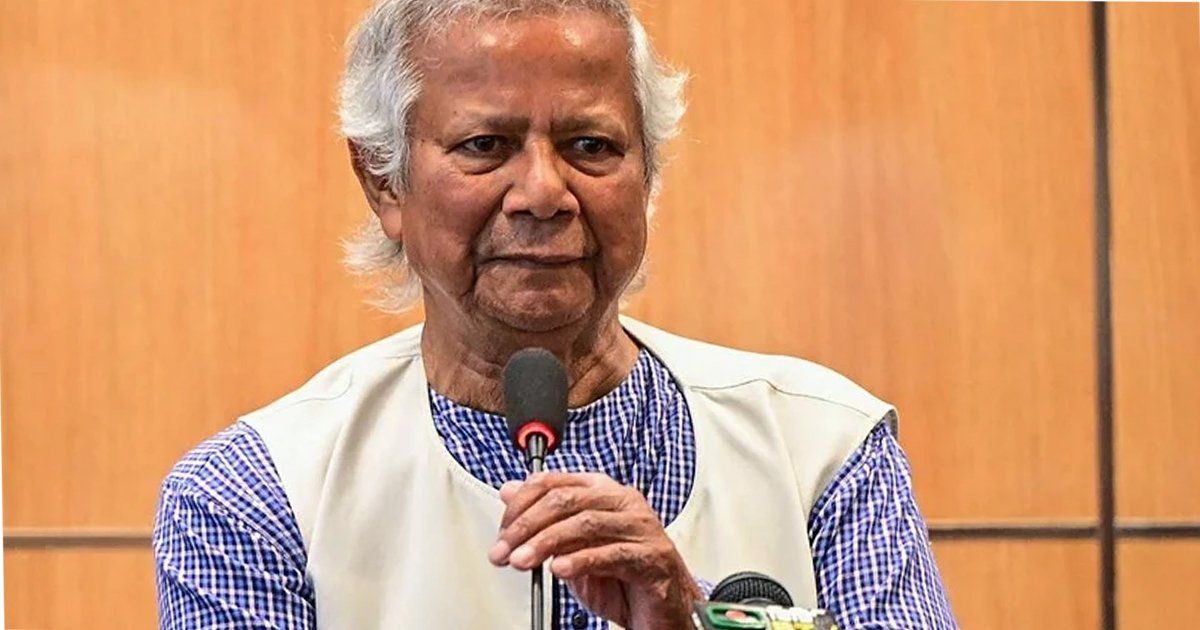Bangladesh's Interim PM Yunus to Seek Hasina's Extradition from India

On the 100th day in office, Bangladesh's Interim Prime Minister Muhammad Yunus has announced his intention to seek the extradition of former Prime Minister Sheikh Hasina from India. This declaration comes amid ongoing efforts by his administration to address the political upheaval that led to Hasina's departure from Bangladesh earlier this year.
Yunus, speaking in a televised address, underscored the necessity of justice, stating, "We have to ensure justice." His comments implicitly challenge the Indian government and Prime Minister Narendra Modi, as India has been hosting Hasina since she fled after widespread protests against her administration, which resulted in numerous deaths.
The move to extradite Hasina appears to be part of Yunus's strategy to fulfill promises of accountability for the violence and alleged human rights violations during Hasina's tenure. However, the feasibility of this extradition remains uncertain given the complex diplomatic relations between India and Bangladesh. India has traditionally maintained a cautious stance on extradition matters, especially involving political figures.
Critics and political analysts have noted that Yunus's announcement might also be a political maneuver to deflect from the lack of significant achievements by his administration during its first 100 days. The interim government, while tasked with stabilizing the nation and preparing for new elections, has faced challenges in demonstrating tangible progress or reforms.
The statement from Yunus has stirred discussions about justice, international relations, and the future political landscape of Bangladesh. Observers are watching closely to see how India responds to this request, given its regional influence and historical ties with Bangladesh. However, the Indian government has not yet issued an official response to Yunus's extradition call, leaving the international community in anticipation of potential diplomatic negotiations or tensions.
This development occurs against a backdrop of calls for intervention from various international bodies concerning the treatment of minorities in Bangladesh and the need for a stable transition to a democratically elected government. The situation continues to evolve, with many eyes on both Dhaka and New Delhi as events unfold.